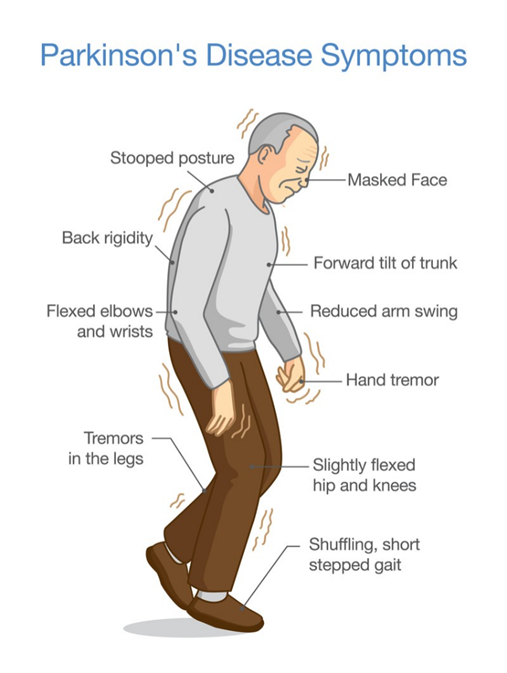The nurse is preparing discharge instructions for a patient with a history of diabetes who has just been diagnosed with seizure disorder. The patient has been prescribed hydantoin therapy. What will the patient most likely experience?
Hyperglycemia
Hunger
Hypoglycemia
Pupil dilation
The Correct Answer is C
A. Hyperglycemia:
Hyperglycemia refers to high blood sugar levels. While certain medications can affect glucose metabolism and potentially lead to hyperglycemia as a side effect, this is not typically associated with hydantoin therapy for seizure disorder. Therefore, it is less likely for the patient to experience hyperglycemia as a direct result of taking hydantoin medication.
B. Hunger:
Hunger is not a common side effect of hydantoin therapy for seizure disorder. While some medications may affect appetite or cause changes in eating habits, hunger is not a typical side effect of hydantoin medications such as phenytoin.
C. Hypoglycemia:
Hypoglycemia refers to low blood sugar levels, which can lead to symptoms such as confusion, dizziness, sweating, and weakness. Hydantoin medications, particularly phenytoin, can affect glucose metabolism and increase the risk of hypoglycemia, especially in patients who already have diabetes or are prone to low blood sugar. Therefore, it is important for patients taking hydantoin therapy to monitor their blood sugar levels regularly and be aware of the signs and symptoms of hypoglycemia.
D. Pupil dilation:
Pupil dilation, or mydriasis, is not a common side effect of hydantoin therapy for seizure disorder. While certain medications may affect pupil size, this is not typically associated with hydantoin medications such as phenytoin.
Nursing Test Bank
Naxlex Comprehensive Predictor Exams
Related Questions
Correct Answer is C
Explanation
A. Increased blinking
Increased blinking is not a typical manifestation of bradykinesia. In fact, individuals with Parkinson's disease may experience reduced blinking (hypokinesia of blinking) rather than increased blinking.
B. States of euphoria
Euphoria is not typically associated with bradykinesia. Instead, individuals with Parkinson's disease may experience a range of mood changes, including depression, anxiety, or apathy, but euphoria is not a common finding.
C. Slurred speech
This is the correct answer. Slurred speech, or dysarthria, can occur in individuals with Parkinson's disease as a result of bradykinesia affecting the muscles involved in speech production. Bradykinesia can cause a reduction in the speed and coordination of movements necessary for clear speech, resulting in slurred or mumbled speech patterns.
D. Decreased respiratory rate
Decreased respiratory rate is not typically associated with bradykinesia. Bradykinesia primarily affects voluntary movements rather than involuntary processes such as respiration. While respiratory muscle weakness can occur in advanced stages of Parkinson's disease, it is not directly related to bradykinesia.

Correct Answer is C
Explanation
A. Extension of the extremities
Extension of the extremities is not consistent with decorticate posturing. Instead, it is more indicative of decerebrate posturing, where both the upper and lower extremities are typically extended.
B. Pronation of the hands
Pronation of the hands is not typically associated with decorticate posturing. In decorticate posturing, the hands are usually flexed with the wrists and fingers pointing towards the body.
C. Plantar flexion of the legs
Plantar flexion of the legs characteristic of decorticate posturing. Decorticate posturing mainly involves plantar flexion of the feet.
D. External rotation of the lower extremities
External rotation of the lower extremities is also not typically associated with decorticate posturing. In decorticate posturing, the lower extremities may exhibit extension or internal rotation, but external rotation is not a characteristic feature.

Whether you are a student looking to ace your exams or a practicing nurse seeking to enhance your expertise , our nursing education contents will empower you with the confidence and competence to make a difference in the lives of patients and become a respected leader in the healthcare field.
Visit Naxlex, invest in your future and unlock endless possibilities with our unparalleled nursing education contents today
Report Wrong Answer on the Current Question
Do you disagree with the answer? If yes, what is your expected answer? Explain.
Kindly be descriptive with the issue you are facing.
